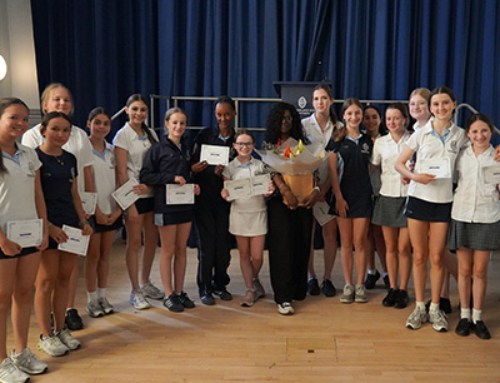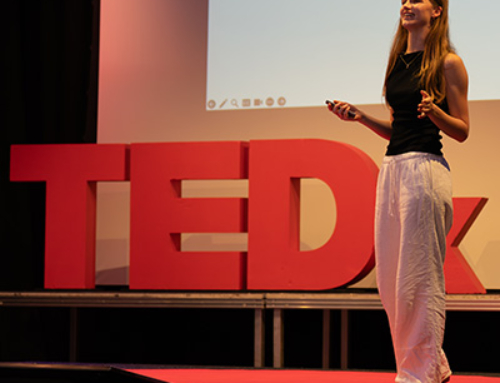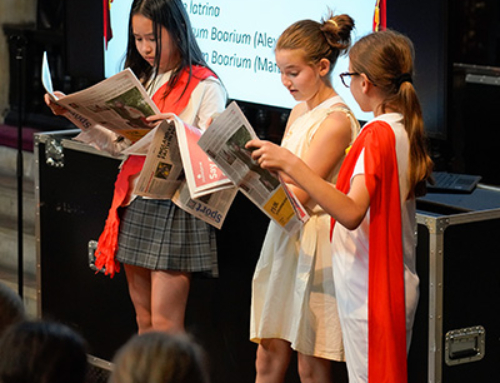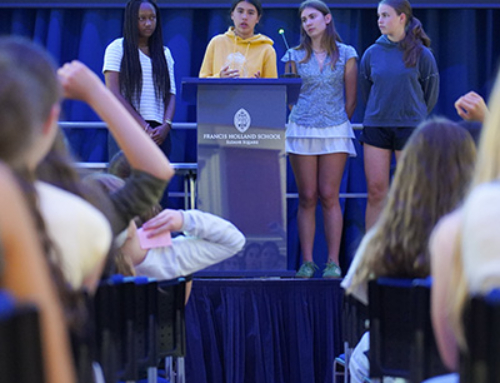This week’s guest for the Sixth Form Speaker Programme was Dr Arthur Turrell, Acting Director of the Data Science Campus for the Office of National Statistics, and author of The Star Builders: Nuclear Fusion and the Race to Power the Planet. Arthur’s inspirational session discussed a vast array of careers in quantitative subjects, how they can make a difference to society, expand human knowledge and why they are creative.
Arthur explained how whilst at the Bank of England he had conducted research to determine the effect of publishing the gender pay gap for companies above 250 employees. Through his clear communication he somehow made an extremely complex equation somehow appear effortlessly simple! The conclusion? This policy change had caused a 14% decrease in the gender hourly pay gap. Surprisingly, however, this had been achieved through a 2.6% decrease in men’s real pay and had no significant impact on promotions and occupational outcomes.
He explained how the ONS use satellite images of cattle camps in South Sudan to help to obtain timely and accurate statistics on economic activity in the region.
Throughout, Arthur spoke candidly about his own career path, discussing how failure and rejection shaped his own educational journey to the University of Durham to study an undergraduate degree in Maths and Physics, the University of Cambridge to study a Masters in Maths, before completing a doctorate in Plasma Physics at Imperial.
Arthur asked Year 12 to consider whether they believe it is possible to build a star on earth. Nuclear fusion exists already in the stars that fill our universe with light, but can we harness that power here on earth? Professor Stephen Hawking had hoped scientists would have solved the Earth’s energy problem by the end of the 20th century, using fusion to provide an inexhaustible supply of energy, without pollution or global warming. Arthur explained what nuclear fusion is and shared his thoughts on whether this could be the real solution to the climate emergency.
Sharing more detail on his career journey, Arthur explained the factors that contributed to his decision to leave the world of laser contained fusion to work at the Bank of England, and how during the pandemic he again changed roles by adding author to his many accolades. He concluded by reminding pupils that some failure is inevitable in life, and that in his experience, those moments are the ones that reveal the most exciting paths. He implored Year 12 that they are what is needed in the quantitative sciences, and that greater diversity would drive forward the field significantly.
Ms Norman, ECT Coordinator and Head of Science/Teacher of Chemistry














